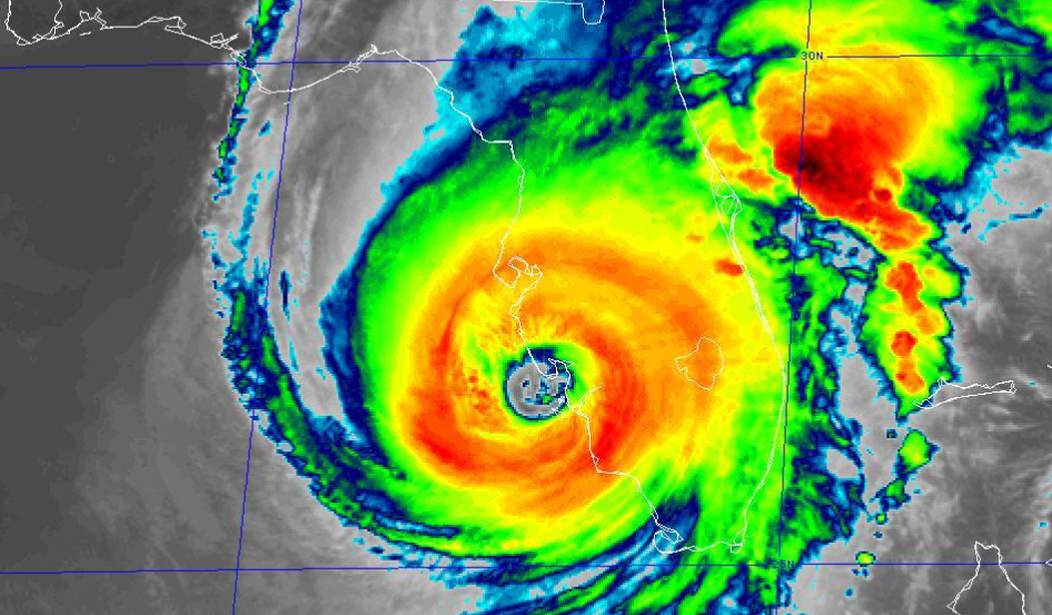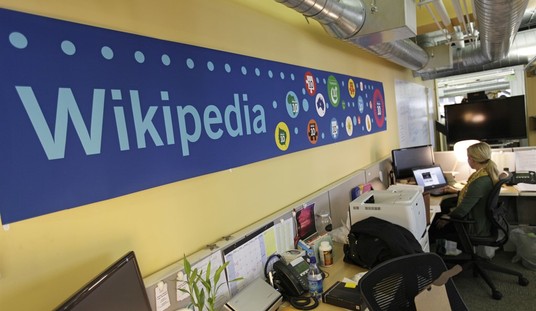With desperately needed homeowners insurance reform its sole agenda, the Florida Legislature is two days into a weeklong special session and we are yet to experience a “Eureka!” moment.
Patience, please. As a philosopher in an editor’s visor once told me, “If it weren’t for deadlines, nothing ever would get done.”
Under Gov. Ron DeSantis’ invitation, lawmakers have all week to make something happen … although, with the holiday season at our throats, Wednesday looks like the day stuff will get sorted.
Our fingers are crossed, even as our expectations are low. The Legislature has been down this road countless times before, the latest only six months ago. Then Hurricane Ian carved a diagonal path of destruction from Fort Myers to Jacksonville, exposing just how fragile the market for homeowners insurance remains.
Insured damages from the September cyclone are forecast to exceed $50 billion, making it runner-up only to Hurricane Katrina (2005) as the largest insurance loss in U.S. history.
And now, dear reader, an apology: Those looking for genius insight, revolutionary wisdom, and solutions fit for a bumper sticker regarding homeowners insurance will be disappointed.
Indeed, I am bereft of ready remedies. The whole thing makes my head hurt and my checking account cringe. (On the upside, I haven’t asked Floridians for their votes, either, so there’s that.)
However, we cannot let Florida lawmakers’ latest stab at reform pass without notice: It is an area of critical importance to Florida’s economic health, and the new GOP supermajority will be judged, at least in part, by its response.
Just now, instability rules homeowners insurance in the Sunshine State. Rates are the highest in the country, nearly three times the national average — so says the Insurance Information Institute —and are projected to stay that way. Premiums are surging roughly 33% annually, more than triple the nationwide average (9%). Insolvency among carriers active in Florida is rampant.
Insurance industry advocates blame Florida’s laws regarding lawsuits and assignment of benefits (in which a homeowner with a claim signs over rights to get paid for a loss to a contractor), making the state rife for slippery operators.
“Floridians are seeing homeowners’ insurance become costlier and scarcer because for years the state has been the home of too much litigation and too many fraudulent roof-replacement schemes,” said Sean Kevelighan, CEO, Triple-I. “These two factors contributed enormously to the net underwriting losses Florida’s homeowners’ insurers cumulatively incurred between 2017 and 2021.” Florida homeowners pay the highest average property insurance premium in the U.S. at $4,231, nearly three times the U.S. average of $1,544, according to Triple-I’s analysis.
Florida’s Republican lawmakers, gathering for the first time since the midterm election, appear, at last, to share this opinion wholeheartedly. Setting their Tallahassee table is a pair of near-identical bills designed to reduce litigation mischief while coaxing market forces back into the equation. These, while reflecting the insurance industry’s desires, also are excellent ambitions, despite what the trial bar claims.
“It’s obvious, the insurance industry wants to maximize profit and take advantage of the political climate it has right now, to look anemic, to scare everyone that they might leave Florida and push through legislation that will have lasting and long-term effects,” said Amy Boggs, a St. Petersburg lawyer who leads the Florida Justice Association’s property insurance committee.
What’s also obvious is that with just 9% of the homeowners policies nationally, Florida accounts for 79% of homeowners insurance lawsuits. Something, plainly, is broken.
Among the fixes in the bills presented this week:
- Policyholders in the state-created Citizens Property Insurance Corp. will have to purchase flood insurance, no matter what their flood zone status.
- Citizens policyholders will be forced to switch to a primary market carrier if the private company’s premiums, upon renewal, are no more than 20% higher than Citizens.
- Assignment of benefits will be prohibited.
- Florida’s claimant-friendly one-way attorney fees statute, requiring insurers to pay plaintiff’s legal fees if the carrier loses in court, will no longer apply to insurance claims litigation.
- The state will fund a fresh layer reinsurance at a significant discount from the market. Soaring reinsurance rates have played a notable role in the rash of insolvencies sweeping across carriers active in Florida.
Whether this week’s efforts amount to swift, recognizable change or more leak-plugging is anybody’s guess. State Senate President Kathleen Passidomo, whose Naples home was destroyed by Ian, isn’t mincing words:
“I don’t want it to be a scenario where all the reforms that are in place are working, and the rates don’t come down,” the Republican leader said. “If that happens, there will be hell to pay.”
Clearly, with insurance costs forcing developers to apply the brakes to ambitious, and needed, Florida projects, and, somewhat as a consequence, Sunshine State renters bending under the weight of soaring rental costs, the work being done this week is vital.
It had also better be good.








